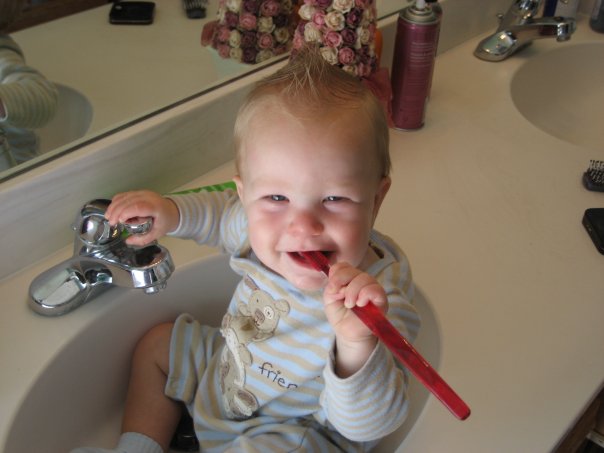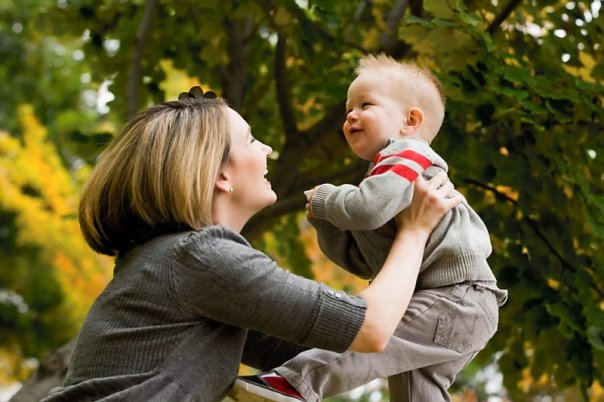https://onlineconferenceformusictherapy.com/2025/02/22/km7yfep
https://www.marineetstamp.com/0gjl889hx A small farm town is great for overhearing comments like these: “Oh, he has heart trouble? Better not let him out on that tractor during harvest. You won’t know if he’s had any chest pains until he gets every last acre of that crop in!” Then everyone around bursts into laughter, nods their heads, and asks to hear more about Farmer Brown’s cardiac condition. However…
go to link It’s a human law of nature, isn’t it? We laugh the loudest at that which rings the greatest truths?
source url Over the last ten years or so, I’ve studied one area about relationships more than others, and it’s because I know so many “Farmer Browns” in Oklahoma: the phenomenon of seeking help. Some of the reasons I began researching this topic are personal. My own husband and I struggled with seeking outside assistance when we were having marital issues around the third year of our marriage. When we finally DID access couples therapy services, however, it only took two sessions for both of us to realize that our marriage was much greater than the two of us sitting in the room. It took longer for our emotions toward each other to repair, but once we made the decision to stick out our relationship we looked at all our other decisions in a very different way. And, recently celebrating our 25th anniversary felt really great.
click here Another reason I’ve spent so much time researching this topic is because it’s such a pervasive problem. I’ve only found one paper over the years by an anthropologist who wrote specifically about Oklahomans’ inability to ask for help when they need it, but through my own research and that of my colleagues, I’ve found out a little more. Here’s what I know about folks in Red Dirt Country (AND for the rest of the US…I have national data sets as well).:
see url 1) It’s easier for people to tell their friends to go get help than it is for them to go themselves. A full 95% of respondents from one of my surveys stated that they would “encourage their friends to seek premarital or marital education,” or “therapy.” However, around 60-70% of most populations said they thought they might try it themselves – many of that population responded “only when it’s the last option.” It’s easier to suggest to others than take our own advice, it seems.
here 2) The number one constraint to seeking marital education OR therapy services among Oklahomans in 2003 was the concern about “getting the other person in the relationship to agree to the idea.” In other words, it wasn’t the individual’s attitude or belief about seeking help as much as it was their fear or anxiety about bringing up the discussion, or anticipating how their partner might respond to their request. So it seems that sometimes what we think about others, or how they might react, is even more powerful than what we believe for ourselves.
Tramadol Online Next Day Delivery 3) On a better note, however, a greater majority of people were more willing to get couples counseling, attend marriage or relationship education, or other type of couples service (retreat, take an inventory, etc), than they were to seek individual help or education for themselves. So, they are thinking of others or their relationship over themselves, for the most part. This is important information – knowing that someone might make a decision for the sake of another over themselves is valuable when we’re talking about relationships.
https://danivoiceovers.com/u91aw3w3
These are just a few tiny bits of data out of a very large amount of information but I think they might be useful for a couple of reasons. First of all, what this information tells us is that it’s NORMAL to feel conflicted, worried or resistant to opening up our relationship to outside help. Some even feel that going to an educational workshop over relationship skills will “make things worse;” that if they just ignore the issue and keep the boat steady, maybe things will blow over.
https://www.elevators.com/hir6nry4i  Others feel ill-equipped to know where to begin when asking their partner to go with them. This is NORMAL too! If you’ve been arguing or the two of you readily step into “blaming mode,” then it’s easy to see how something well-intended could turn sour quickly. The very best way to bring up a topic like this is to make sure to “own your own wishes” (say, “I’d really like for you to go with me. Here’s what we can learn. Would you please think about this?”) and resist the urge to blame or to criticize, or make things personal (for example, “Maybe this will keep us from arguing about the dogs.”) If you talk about what you can GAIN, and avoid bringing up what is WRONG, chances are the conversation will go better.
Others feel ill-equipped to know where to begin when asking their partner to go with them. This is NORMAL too! If you’ve been arguing or the two of you readily step into “blaming mode,” then it’s easy to see how something well-intended could turn sour quickly. The very best way to bring up a topic like this is to make sure to “own your own wishes” (say, “I’d really like for you to go with me. Here’s what we can learn. Would you please think about this?”) and resist the urge to blame or to criticize, or make things personal (for example, “Maybe this will keep us from arguing about the dogs.”) If you talk about what you can GAIN, and avoid bringing up what is WRONG, chances are the conversation will go better.
https://purestpotential.com/5h8wzlc Telling your partner about skills the two of you can learn is a much clearer message than telling them what’s been wrong. They already know what’s gone wrong; reiteration isn’t needed in a committed relationship. You know each other very well.
http://www.mscnantes.org/ava76eg Finally, if you happen to be the one who is thinking about inviting your partner to begin therapy or attend a relationship education workshop, having the information handy is also important. Don’t know where to start? I’ve got four links for you I’ll share at the end of this article – you can look up the information right now!
https://www.brigantesenglishwalks.com/yrmajigar So, what have we learned? Seeking help is hard. People are scared to ask their partners to go with them. People are willing to do something for others over themselves. How does this work together? Well, the fact that “people are willing to do something for others” actually increases the chances that your partner will accept an invitation from you. Now, all you have to do is ask. Good luck…and let us know if you need extra support.
https://alldayelectrician.com/8vi0baxdm8 Here are those links I mention:
https://paradiseperformingartscenter.com/c17q779 For marriage or relationships education for all adults, ages 18 or over: http://www.okmarriage.org/
https://dcinematools.com/y4v7lej For a national resource, check out this directory of programs: http://www.smartmarriages.com/app/Directory.BrowsePrograms
Tramadol India Online To find a couple or relationship therapist: http://www.therapistlocator.net/index.asp
https://getdarker.com/editorial/articles/6c079fafs Or, to look into an online community about couples, go here: http://twoofus.org/index.aspx
Order Tramadol Next Day Shipping For more information about help seeking or for citations to the research used in this article, please contact: kelly.m.roberts@okstate.edu




